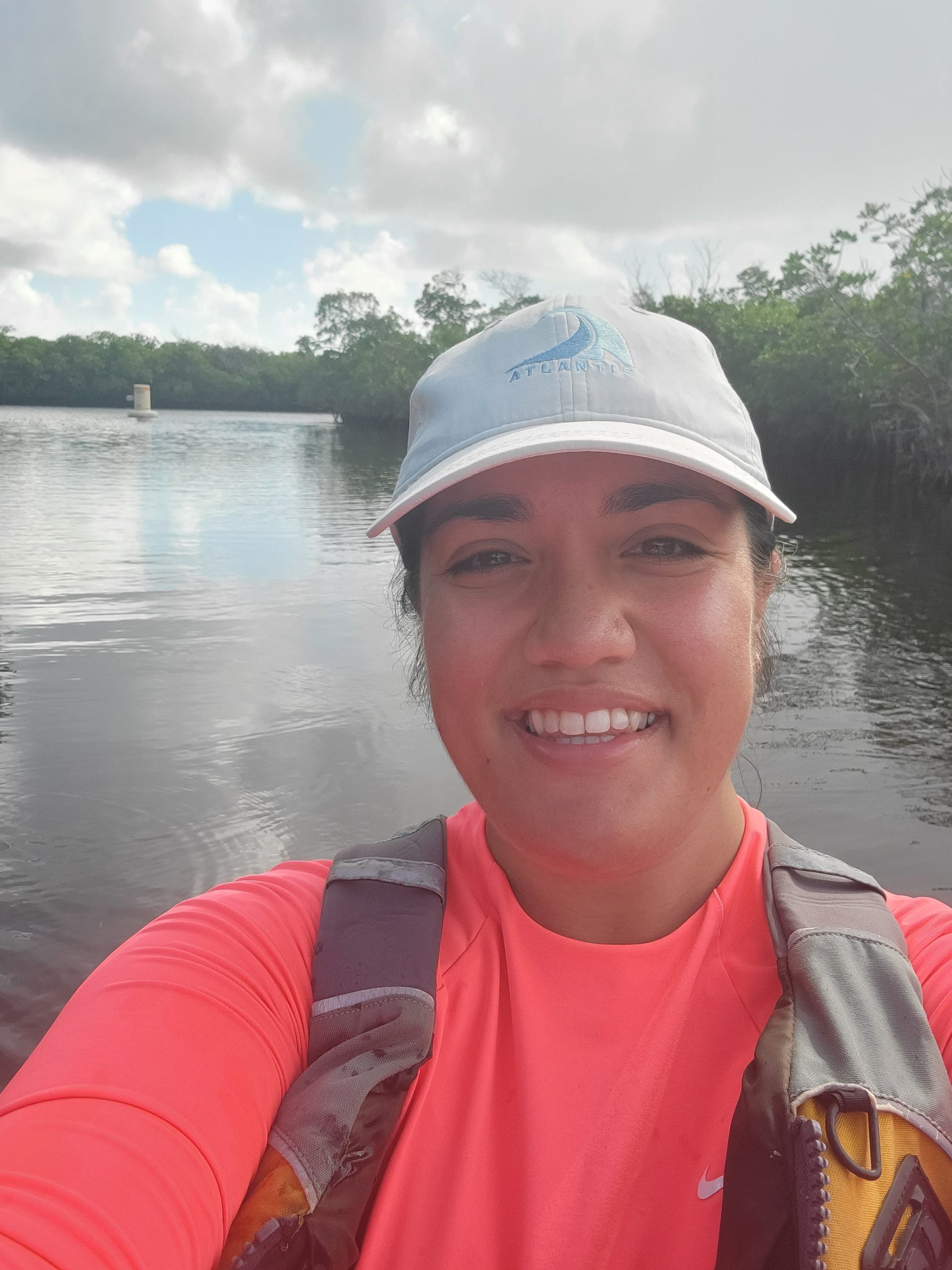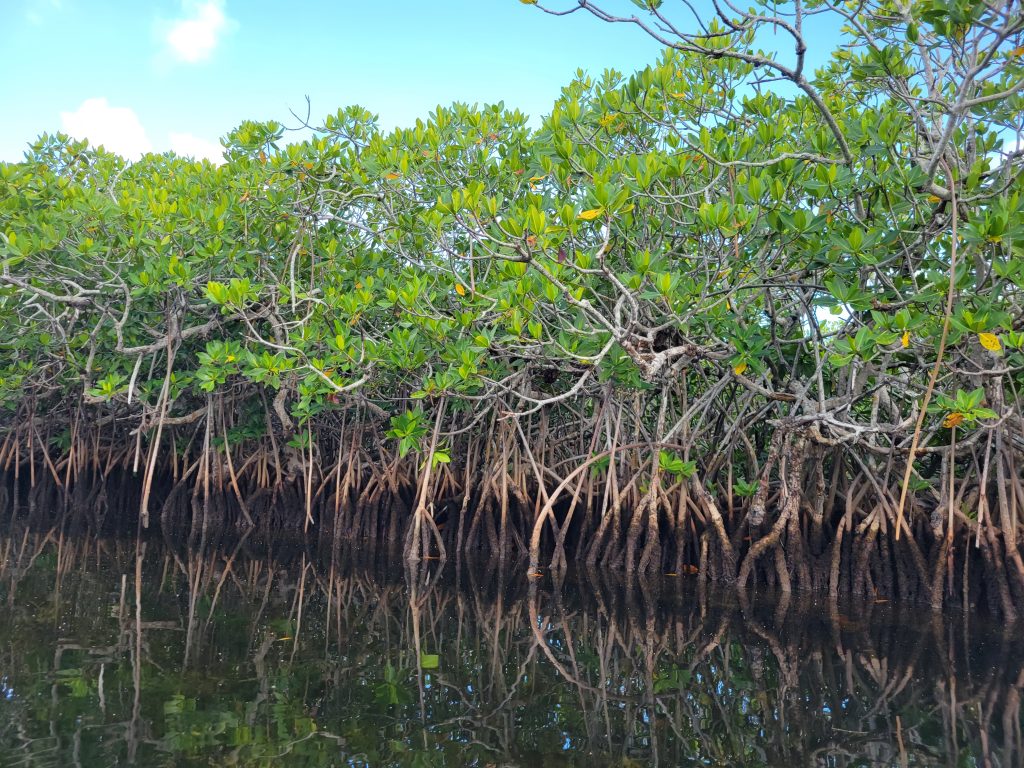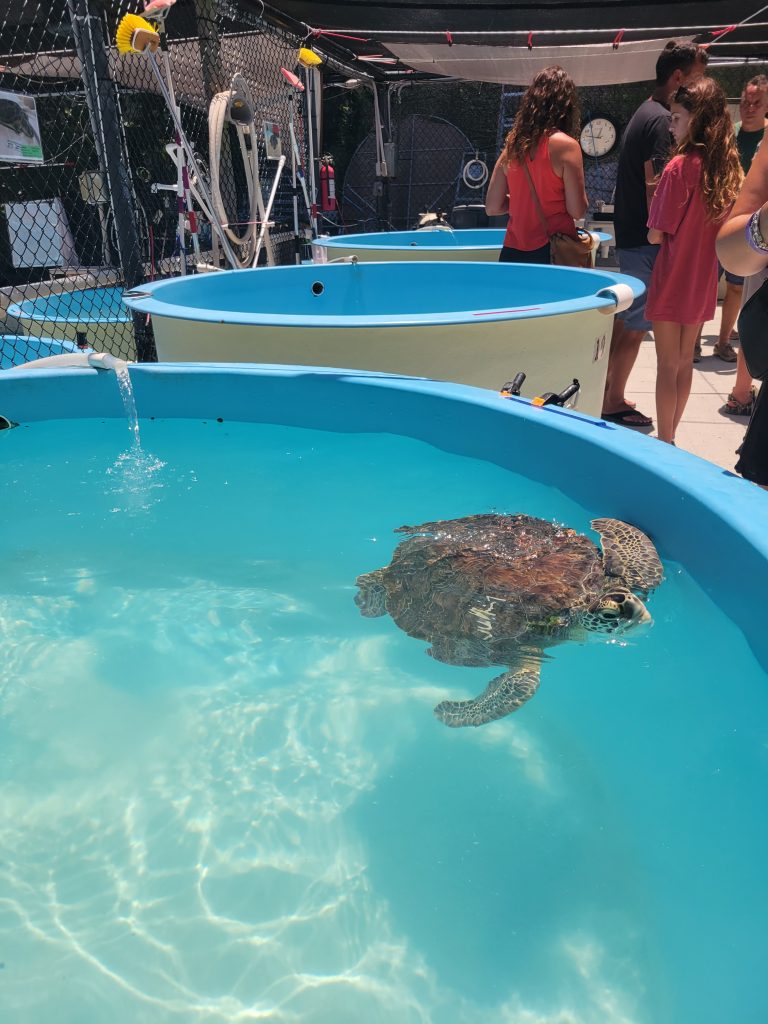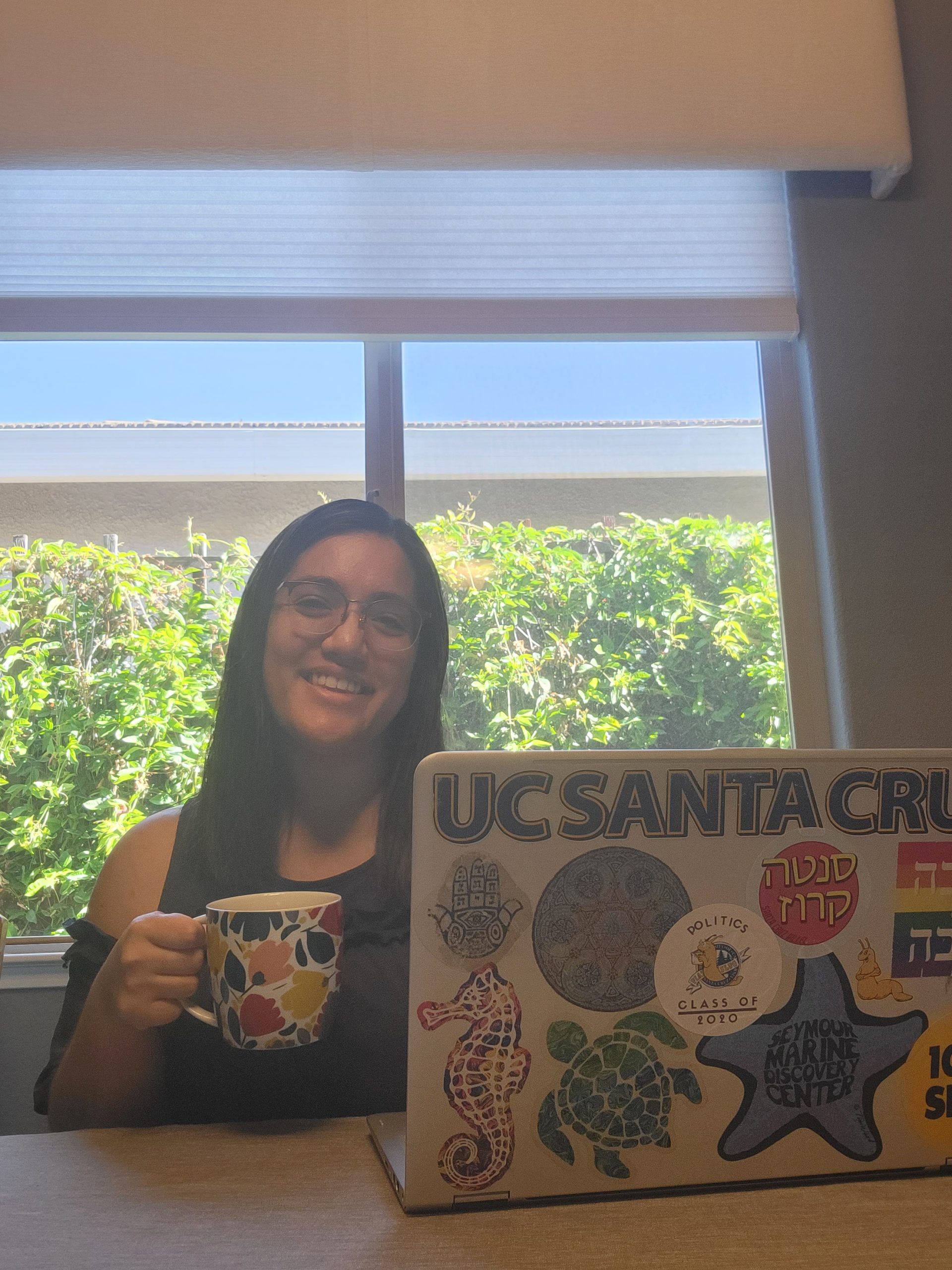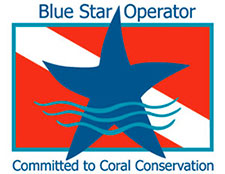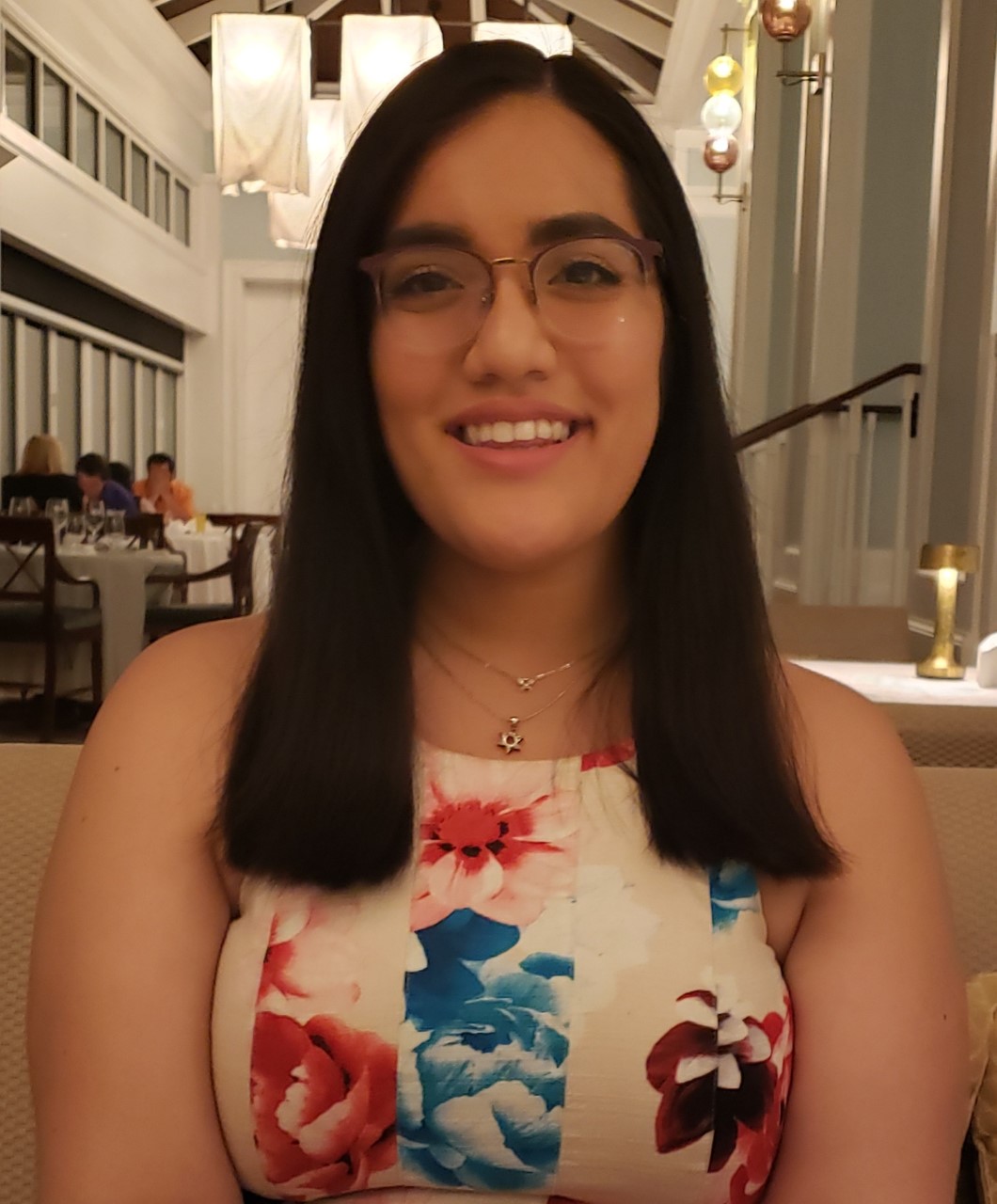Last week I presented my Needs Based Assessment report to NOAA sanctuary staff from both the Florida Keys office, sanctuaries across the US, and to headquarters staff. While somewhat nerve-wracking, it was truly incredible experience and had a very positive reaction by my audience, which solidified how meaningful my fellowship deliverables are to my host organization.
What did you accomplish with your host organization? What was the impact of your work?
The main accomplishment of my work with FKNMS was the development of my Needs Based Assessment, which concluded with both short-term and long-term recommendations to strengthen the Blue Star program. This allowed for invaluable insights of what is and isn’t working with the program, and what are the next steps that can be taken. My recommendations focused on challenges regarding Blue Star’s annual training, resources/materials, and overall public awareness of the program.
I was even able to act on some of these recommendations by reorganizing the existing annual training modules, incorporating more interactive plugins, creating a new quiz system, and adding a new module for important updates and ways to get involved. These were all recommendations requested by Blue Star affiliated partners that participated in the surveying, which demonstrated an immediate impact of my fellowship findings.
Describe the benefits of this experience for you professionally and personally?
This fellowship has truly been of the most meaningful experiences I have had in my professional. Not only has it fulfilled a dream of mine to work for a NOAA office, but I also observed the immediate of my work to a community who really does their best for the environment. I gained an incredible lifelong mentor through my supervisor, who was always willing to answer questions and introduce me to other NOAA staff members that align with my career goals. I can’t thank my supervisor enough for little things such as inviting NOAA headquarter staff to my presentation, so that I could see how wide of an impact my fellowship had on the Sanctuary Department.
And personally speaking, the Keys was beautiful and so inspiring for how much the people cared about the ocean. Regardless of if they worked for NOAA, or owned a dive shop, or fishing business, or was a concerned citizen. There was real participation and concern from all different stakeholders in such a real, current example that I would be lucky to continue to be a part of.
Did your experience provide any unexpected discovery, self-reflection, or epiphany?
Not necessarily an epiphany, but this fellowship did solidify my intentions of working for the federal government for ocean protection. That being said, it did expose me to the barriers that comes with an institution. From paperwork, photo releases, timelines, staff capacity, it’s difficult work. But also, very impactful and very necessary. I am excited for my future career, and hope that other incredible offices such as FKNMS will be a part of it.


